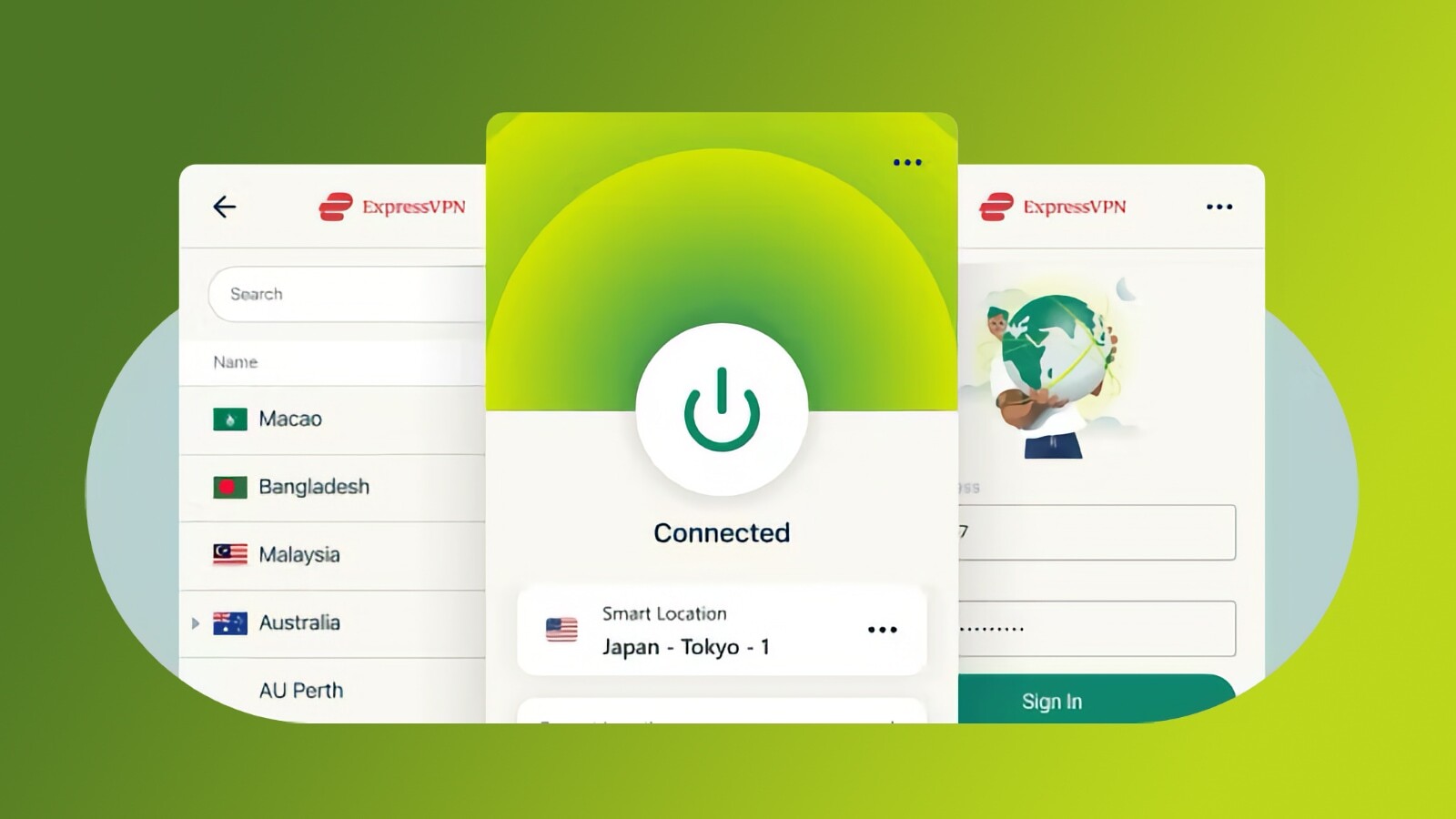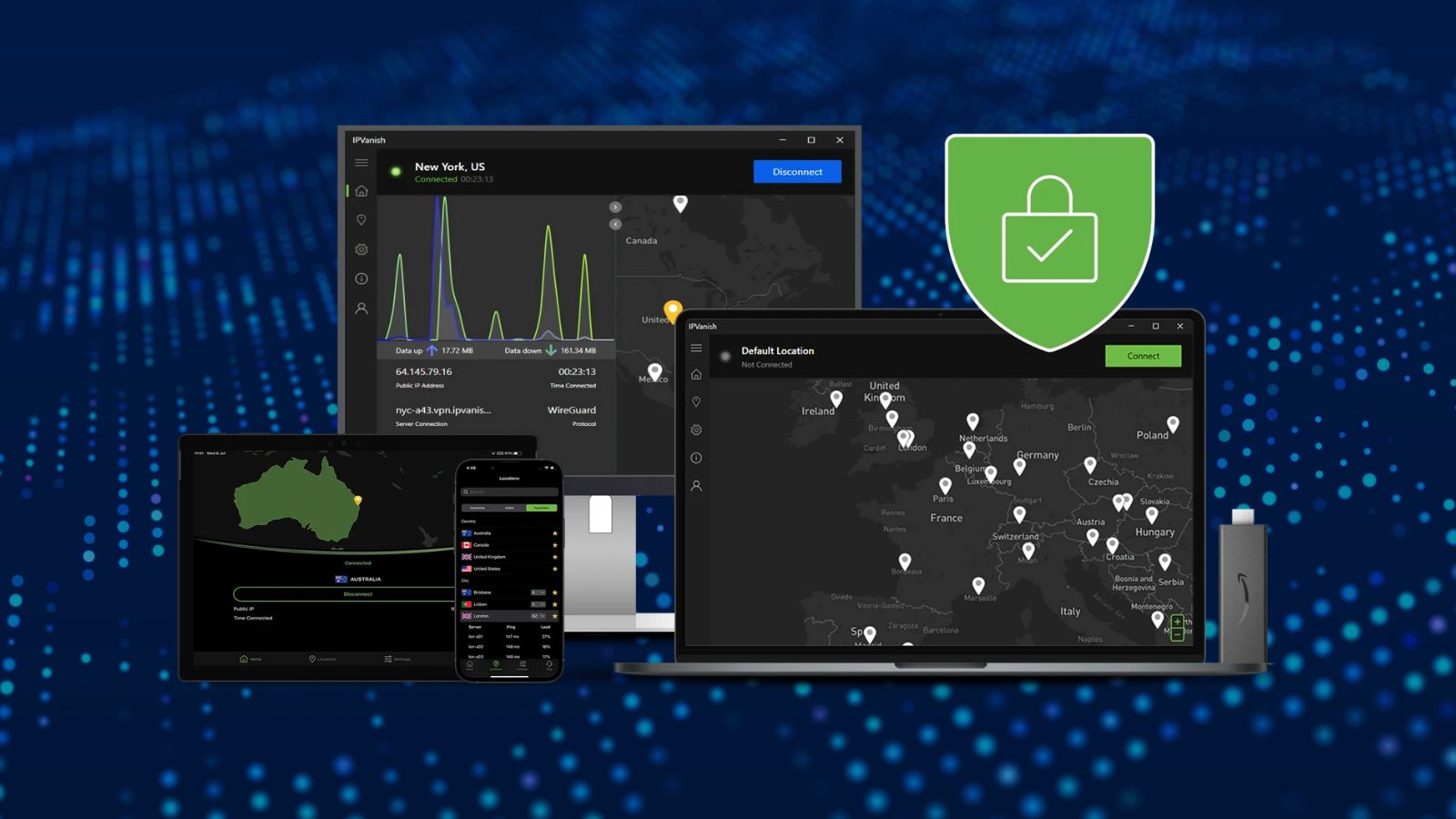
ExpressVPN Enters New Era With Design Refresh and a New VPN Protocol
- ExpressVPN is refreshing its looks by adopting a more contemporary logo and user interface.
- The popular product is also introducing a lightweight and more secure VPN protocol called ‘Lightway.’
- There are quite a few things in store for 2021, including new privacy-focused features and a research platform.
ExpressVPN, one of the most successful and widely-used virtual private network solutions in the world, is celebrating all that it has achieved since 2009 and is now introducing a new contemporary look to match its advantageous tech. Apart from the aesthetic refresh, the product brings some new features to signify the passing to a new era and gives us a sneak-peak of what’s to come in the following months.
First of all, the new design and new logo give a sense of motion, so "speed" is the clear message here. ExpressVPN has fast connection times and very well-performing servers in general, and the new logo embodies that perfectly. The font selection combined with the emblem style reminds us of something from the railway world, inspiring internet exploration.
Enough with the abstract and on to actual features, ExpressVPN introduces a next-generation VPN protocol called the ‘Lightway,’ which is faster, more reliable, and more secure. Like the ‘WireGuard’ that is massively adopted in the field right now, Lightway features lean code and stronger encryption standards.
Compared to WireGuard, Lightway is more focused on user privacy, is made to handle connection drops more effectively, and uses the wolfSSL cryptographic scheme instead of just AES and ChaCha.
Lightway is unquestionably superior to OpenVPN, and we expect it to be at least comparable to WireGuard in terms of speed, if not even better. Normally, we would prefer that ExpressVPN would just adopt the open-source VPN standard like so many others in the field, but seeing a big player differentiate may create the competition that WireGuard implementations need to push for optimizations and further development.
As for what’s coming soon, ExpressVPN mentions the wide availability of “Protection Summary,” which is a local log of safety and security-related events, and the “Security Assistant” feature that gives users better and more in-depth control of their privacy and security settings. Finally, there’s also the initiative for collaborative research called “Digital Security Lab,” which was launched in October 2020.
This last feature is to get on track throughout 2021, hopefully producing innovative tools, resources to empower users, unite the community under common privacy values, investigate digital rights and security issues and educate consumers about them.









